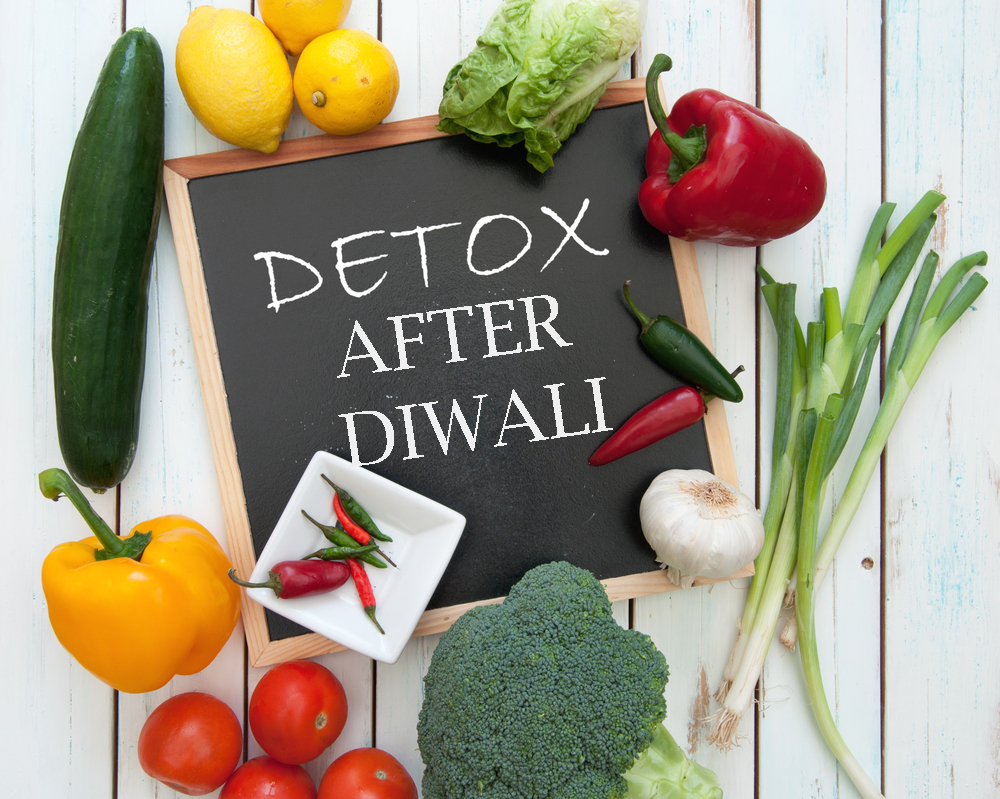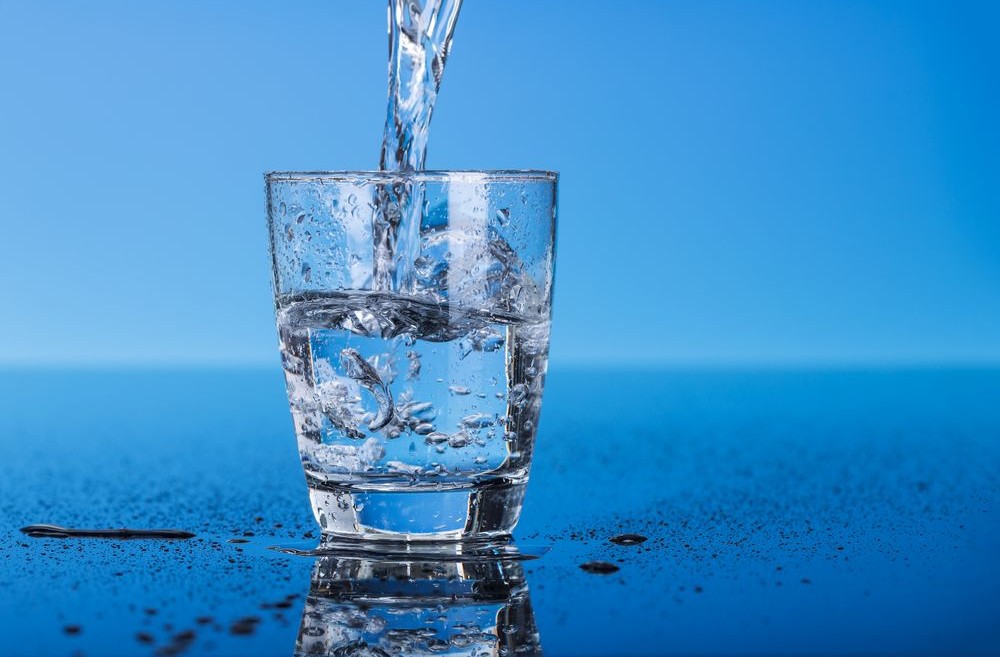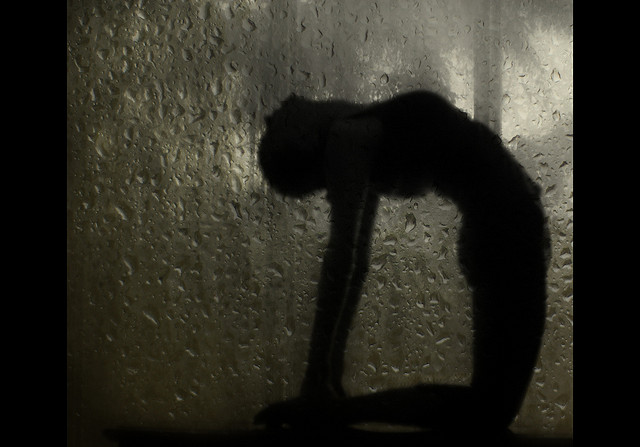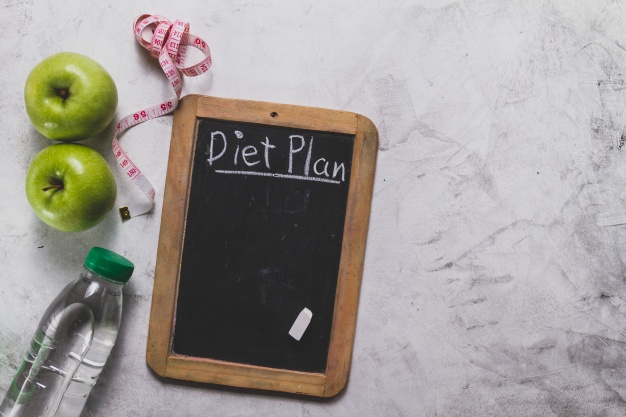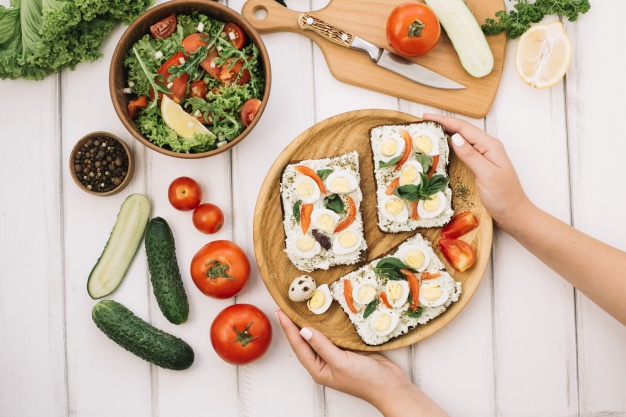Weight gain is a little like that small pile of unattended laundry on your chair. Left alone, it’ll just stay there and pile up day after day. If you think you’ve gained weight during Diwali, don’t panic. But deal with it before the fat starts to accumulate.
DON’T STARVE…
That’s the fundamental lesson you need to remember. Don’t deprive your body of nutrition by starving yourself with drastic diets. Instead of losing fat, starvation ensures your body loses muscle. Muscle loss leads to more fat storage, which is why you always gain the weight you lose right after a crash diet. Food is the only thing that fuels your body and is your friend not your enemy.
…EAT SMART
Eat simple and smart during your detox phase. Shore up on simple proteins like sprouts and egg whites.Have 4-5 servings of fruit per day (100 gm of fruit per time), and eat and drink your veggies prepared without much oil, or as juice. But whatever you do, don’t forget to break up your meals into smaller ones. Eat every two hours. Like walking or running, digestion also burns calories and eating smaller meals frequently means that your body keeps burning, burning, burning.
…BUT DON’T LOSE THE OIL
Don’t cut oil out entirely because you’d be depriving your body of essential fatty acids. The lack of fatty acids dries up your skin, apart from other adverse effects. In this detox phase, include one teaspoon of oil in your cooking through the day.
STEP UP THE EXERCISE
Get to know your treadmill a little better. In addition to eating right, one hour of explosive exercise is what you need. You can walk, run, cycle, go on the elliptical but whatever you do, don’t forget cardio during this phase. Sweat it off.
SLEEP
Catch up on your sleep. Your body needs food, water and sleep for effective functioning. And fat burning and metabolising food is a part of its functioning. Studies have shown the strong link between weight gain and sleep deprivation. Snooze to lose.DRINK In this phase, drink about three to four litres of water. You could also mix it up by including other beneficial hydrants like coconut water, chaas and nimbu pani. Hydrate, hydrate, hydrate.
How much detox you need depends on how much you have abused your body. If you have binged for four days, detox for the same amount or a week, and so on.
But don’t overdo it, and trust your body during this process.
The body is magical. It will know what to do.


